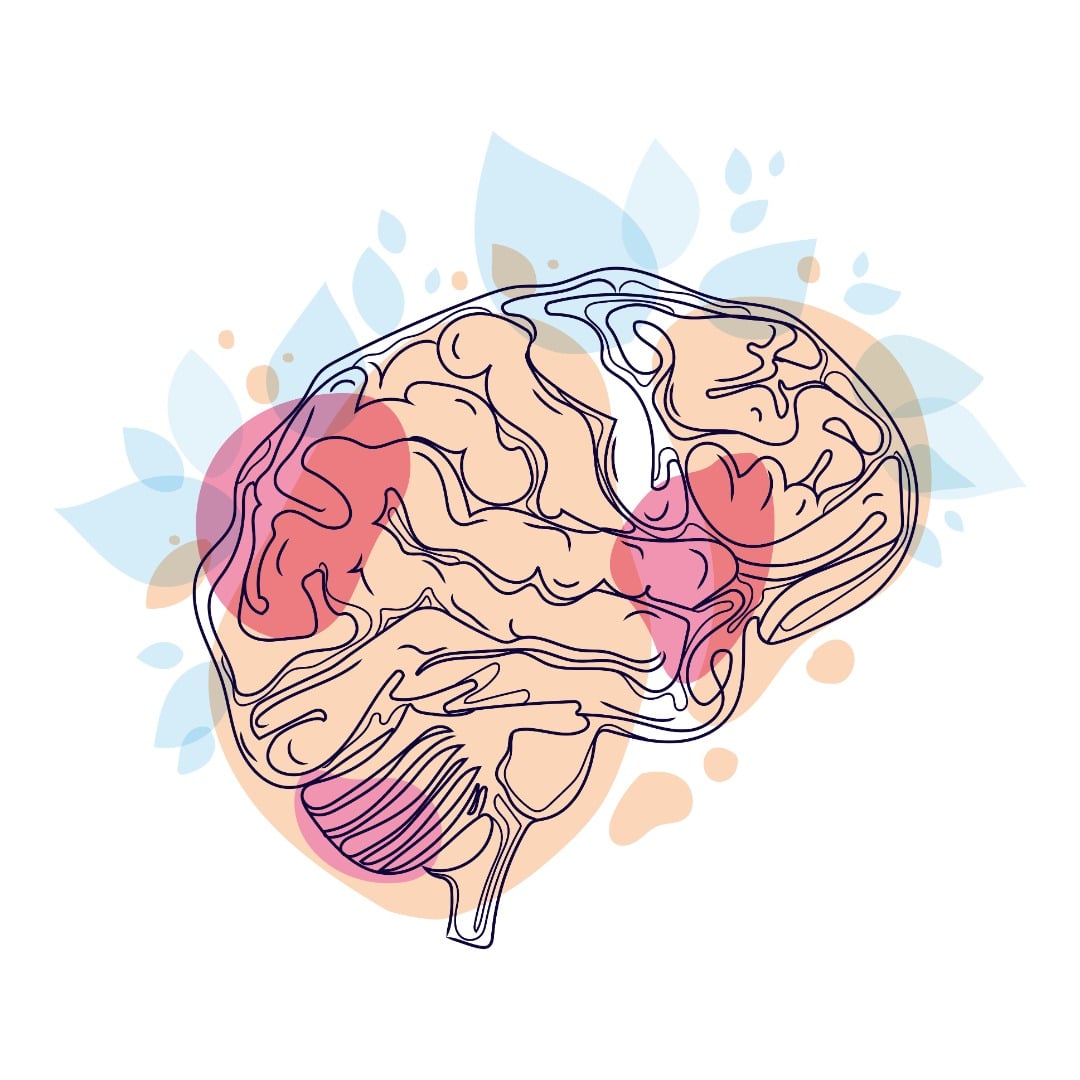Regardless of what eating disorder you or a loved one may have, you’re likely aware of its impact on how people think or feel. But not many know how these disorders can affect various parts of the brain. Believe it or not, certain sections of the brain structure are thrown out of whack when dealing with an eating disorder, and this can lead to stagnation in growth and decision-making, among many other changes.
While that may sound scary, it doesn’t have to stay that way forever. Finding the right treatment is about focusing on physical, psychological, and behavioral improvements, which begin and end with the brain. Knowledge is power and understanding the effects an eating disorder may have on the brain can help you navigate your recovery journey.
How Eating Disorders Impact the Brain
Eating disorder research is ongoing, but scientists and doctors have a lot of information on how and why eating disorders make such significant changes in the brain. In short, just like our muscles, bones, and other body parts, the brain needs nutrients to survive. Restricting these nutrients by altering what and how much food enters your body forces the brain to limit its consumption to continue providing as much functionality as possible. These changes include:
- Chemical disruptions of neurotransmitters.
- Increased risk of neurological issues in adolescents as they age.
- Trouble thinking or switching from task to task.
- Altered brain reward patterns.
- Reduced heart rate to compensate for lack of oxygen.
- Shrinking of the size of the brain.
- Damaging effects on the brain’s emotional side lead to mood switches and irritability.
The Impacts of Anorexia
Recent studies have shown a strong link between brain structure abnormalities and anorexia. This research has focused on how grey matter volume has been reduced in the areas that affect memory and imagery. While brain structure can be affected by other conditions like depression or stress, anorexia is known to have one of the most substantial effects on the brain. These impacts include some of the above methods but also create unusual brain patterns and conditions that affect individuals in varying ways.
Brain Sensitivity
The most common impact of eating disorders like anorexia is a more sensitive brain and a change in brain circuitry and the brain’s reward system.[1] People with anorexia often have a very active brain and are much more sensitive to feelings of punishment. However, they react differently when enjoying typically rewarding events like winning a chess match or a game with friends. This heightened sensitivity can also impact how people with anorexia perceive comments from others.
A Stronger Working Memory
Your brain is a powerful system; one of its tasks is remembering brief facts like keypad numbers, where you left your keys, or other patterns and routines. For people suffering from anorexia, research has shown that they have a strong working memory that has allowed them to hold tight to the detrimental rules they’ve set for themselves about food and their behavior.[2] Though this typically harmful use of a strong working memory can actually become a benefit to an individual receiving therapy, as they can use it to follow appropriate food goals and rules.
The Perception of Insight and Information
For people with anorexia, the regions of the brain that impact self-image and self-esteem are both affected. Additionally, an area close by — one used to detect and adjust to errors in judgment — is also found with various abnormalities. This leads to difficulty analyzing and understating mistakes in decision-making and making beneficial adjustments in everyday life.
Can Affected Areas Improve?
Research has shown that affected areas of the brain can improve immediately, and once on the path to recovery, many see tremendous improvement.[3] Aligning yourself or a loved one with resources and support settings and getting that help in a timely manner makes a huge difference in your brain’s recovery.
Help is on the Horizon
Improving your understanding of eating disorders is critical in recovery and finding your support system. The brain has a major impact on all parts of recovery, including what treatment programs you might partake in and what medications might be right for you. With the support of powerful treatment facilities like Magnolia Creek, you can receive expert advice, support, and care that helps restore your brain and simplify the road to recovery.
If you’re ready to begin your recovery journey, contact Magnolia Creek today. Help is one call away, so reach out at 205-409-4220 and find the right support to reduce the damage done to your brain cells.
Sources:




